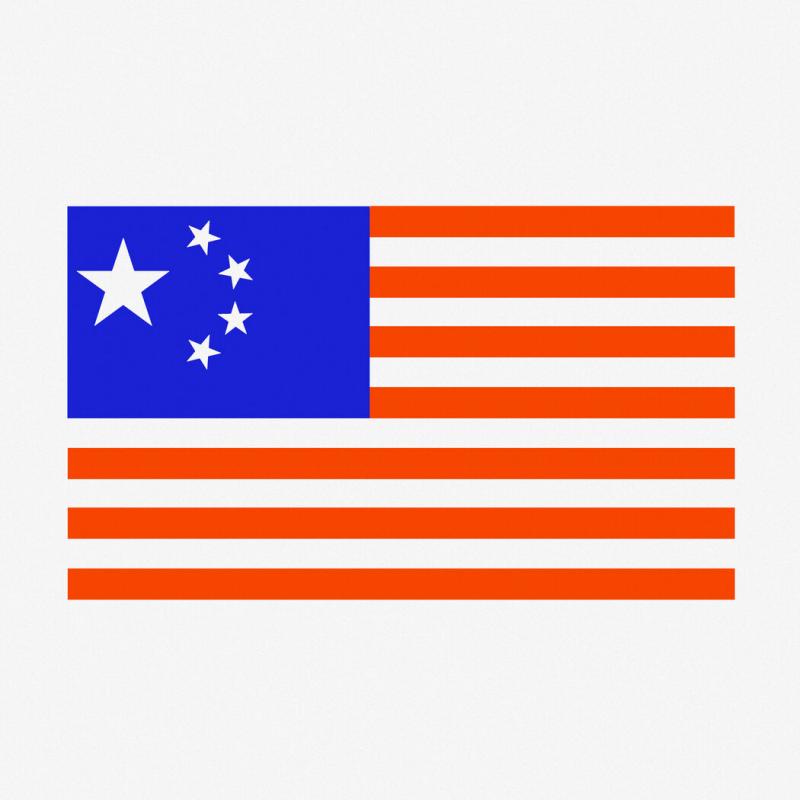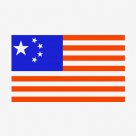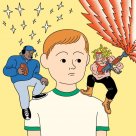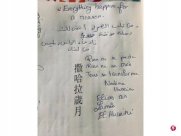
At this time, it is not easy to be a US multinational company sold to China or purchased from China.As the US -China governments are tit -for -tat, they are also forcing enterprises to choose stations.
Look at Ford.In January of this year, the heads of the two committees of the United States Congress demanded that the Bayeng government investigated four Chinese companies, saying that these companies participated in Ford's plan to build a battery plant in Michigan.The chairman of the two committees claimed that the four companies were related to the Chinese military, the North Korean government, and the behavior of China in Xinjiang.
or look at Apple.For example, this newspaper reported that "Over the years, Apple has blocked a series of applications, including newspapers, VPN, and encrypted message services." Apple "has also built a data center in China to store iCloud information of Chinese citizens, including personal communication, including personal communicationRecords, photos and emails, "reports in the Times.
Both American companies have regarded business as a highlight in China, but now they have been forced to explain many times.For example, Ford said to Reuters that "all our business" complies with the US government's regulations.Apple CEO Tim Cook talked about the company's American characteristics: "I know companies like Apple can only come from the United States, and we are committed to reward our great country as always," in 2022, he said in Arizona.Essence
The "Strategic Risk" released by a 12 -person business and China relations, which is composed of 12 people, said on Monday, a US listed company with a market value of 250, Ford ranked first in the face of China's risks., Apple ranked third.(The second is Kaeli Global for heating, ventilation and air -conditioning company.) Other analysts may rank these companies in a more backward position.It can be demonstrated that the risks faced by Teslabiford, Kaeli or Apple, which are ranked fourth in "strategic risks".However, the announcement of this ranking is still the Chinese strategy of two most famous companies in the United States.
The problem that plagues the CEO of the United States is how to grasp the relationship between the United States with the "enemy and friend" of Chinese companies: These companies can be both friends who cooperate or competitive enemies.The Chinese market is rich in profits, but American companies entering the Chinese market have handed valuable intellectual property rights to China -sometimes voluntary, sometimes not.
As Chinese companies catch up with technical aspects and surpass American companies in some cases, the new problem facing American companies is to pay a huge price, try to return to the leading position, or give the market to Chinese companies, or to Chinese companies, or to Chinese companies.Become their customers.
This is the dilemma of Jim Fae, who has been the CEO of Ford since 2020.The Wall Street Journal reported in September that after French visit from China in May this year, he was surprised by the progress of the Chinese company in the field of electric vehicles. He told a colleague of the Ford's board of directors, "This is a threat of survival."
Ford predicts that its electric vehicle business will lose about $ 5 billion in 2024.This is still when high tariffs prevent Chinese electric vehicles from entering the US market.Ford announced in August this year that the company stopped the production of a full -electric three -row of sports multi -purpose vehicles and delayed the launch time of large electric pickup trucks from 18 months to 2027.
France is adopting intermediate routes on China.Ford is accepting subsidies from the US government to produce batteries in Michigan.However, it has also obtained battery technology permits from Ningde, the largest electric vehicle battery manufacturer in China.This is equivalent to recognizing China's technical leading position and also committed to making domestic manufacturing.
In order to keep up with the pace of Chinese competitors, the latest strategy of Pharisee is to establish a new new institution in Los Angeles. These cars will be based on new batteries.
This may be successful or unsuccessful.Some Wall Street analysts are skeptical about this."Focus on your core business," said Bank of America analyst John Murphy in a speech in June this year.He said that Ford, General Motors and Chrysler's parent company Strandis should focus on selling gasoline -driven trucks in North America. These cars are still rich in profits.Essence(Ford said its business has achieved profitability.)
Although Apple is still highly respected in China, it is losing the share of China's smartphone market and encountered resistance.Although Apple has always tried to win the government's favor, government departments and companies supported by the government have banned employees from using iPhone and other foreign devices while working.According to the Times, Jon Stewart stopped programs on Apple Streaming Services last year, partly because the program may have a topic involving China and artificial intelligence, which caused uneasy among Apple executives.
Apple has taken measures to reduce the dependence on Chinese contractors in components, but progress is slow.According to the April this year of Nikkei, Apple has increased the use of parts and components from Chinese manufacturing points in China and Chinese manufacturing points in 2023. At the same time, the use of parts and components from Taiwan, the United States, Japan and South KoreaEssenceApple said in March this year that it is expanding a research center in Shanghai and opened a new laboratory at Shenzhen, a technology center near Hong Kong.
"Every company is facing the same dilemma", not only worried that over -reliance on China, but also worried that if he withdraws from, he will lose its competitiveness. The senior vice president of strategy and international research center James Andrew Lewis said to me."Everyone bets on both sides to hedge risk."
Even if Apple wants to do that, "it will take ten years to get rid of China," the research director of the Countpoint Research Jeff Phildehak told me."This is not just a problem of manufacturing equipment. This involves a huge parts of component ecosystems."
Apple spokesman refused to discuss the risks faced by the company.The company said that all Apple's products are designed in California, and there are more than 90,000 employees in the United States. In contrast, the company's number of employees in the "Greater China" (this is the saying that Apple has come in in Taiwan) is about16,000.
If the tension between China and the United States continues to increase, the pressure on companies that do business in these two markets will only increase.There is no simple way out.




